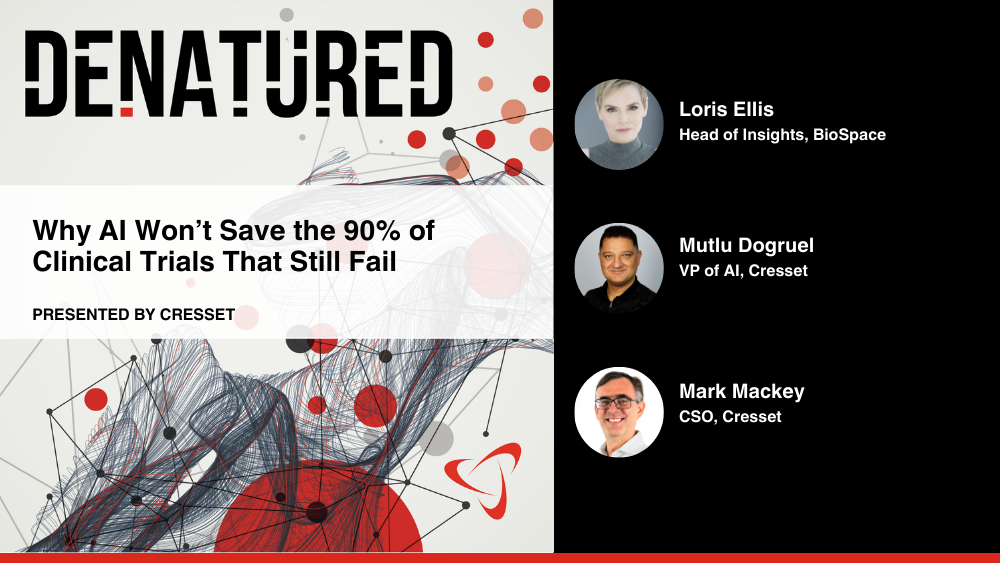May 14, 2013 --
• Chronic myeloid leukaemia (CML) branded therapies market to decline by $900 million in 10 years in the seven major markets
• Unsustainable CML drug prices a major barrier to market growth
• Cost constraints will limit the use of new market entrants and drive rapid transition to generics
• US may be ‘edging towards’ new regulations that will restrict the amount of profit a company can make from the government healthcare system, says analyst
The rising prices of new cancer drugs are resulting in an increasing cost burden for patients and healthcare systems that does not necessarily correlate with the survival benefit the drug provides, and which is driving the rapid transition to generics and limiting the use of new market entrants, say analysts at research and consulting firm GlobalData.
With the vast majority of cancer drugs approved in 2012 costing over $100,000 per year of treatment, the life-extension of patients has quickly become prohibitively expensive, states Irfaan Dawood PhDc, an oncology analyst at GlobalData:
“From a decade ago, where it used to cost $5,000–$20,000 to prolong life for a year, we have reached a position where each incremental benefit in increasing overall survival or progression-free survival has become more costly and could soon become unaffordable.”
The comments come in response to a recent article published in the journal Blood, in which a consortium of physicians condemned the high prices of BCR-ABL tyrosine kinase inhibitors (TKIs) in the treatment of chronic myeloid leukemia (CML). The physicians argued that although innovation and discovery must be rewarded, the cost of care is spiraling out of control as the life expectancies of CML patients approach that of the normal population.
The group questioned the rationale adopted by drug developers in pricing new therapies at a 10%–20% premium to similar drugs, and continuously increasing the costs of currently marketed therapies. Findings from primary research with key opinion leaders (KOLs) conducted by GlobalData echos these concerns, showing that while new drugs are clinically promising, the benefit to cost ratio has proved unconvincing.
Ultimately, the high cost of TKI therapy will also damage oncology market value, argues Cheryl S. Gradziel, PhD, also an oncology analyst for GlobalData:
“CML patients are now living longer than ever, and must take costly TKI therapies for several years. This growing financial burden on global healthcare systems and on patients in some major markets will drive rapid transition to generics once they are launched.”
Accordingly, GlobalData expects sales of CML branded therapies in the seven major markets (the US, France, Germany, Italy, Spain, the UK, and Japan) to decline from $3 billion in 2012 to $2.1 billion in 2022, at a negative Compound Annual Growth Rate (CAGR) of 3.5%, with the launch of generic equivalents of Novartis’ Gleevec (imatinib) and BMS’ Sprycel (dasatinib).
“Even though third-generation drugs such as Pfizer’s Bosulif and Ariad’s Iclusig may be stronger than Gleevec, Sprycel or Novartis’ Tasigna, their enhanced efficacy will not compensate for high price tags and less desirable safety and side effects profiles. This will relegate their use to later lines of therapy,” says Gradziel. “Pharmaceutical companies hoping to capture share of these markets must begin to accept that the days of free pricing for oncology drugs are nearing their end, and recognize the major impact economics will have on the prescription of therapeutics.”
Dawood concludes that although he does not expect the US to make similar moves to the UK and Germany in capping or tightening the regulations surrounding drug prices in the near future, the uprising of patient advocacy groups, physicians and government reforms suggest the US may certainly be edging in that direction.
Commentary was provided by Irfaan Dawood PhDc, an oncology analyst at GlobalData, and Cheryl S. Gradziel, PhD, also an oncology analyst for GlobalData. For more information, or to request an interview, please contact our press office at pr@globaldata.com.
ABOUT GLOBALDATA
GlobalData is a leading global research and consulting firm offering advanced analytics to help clients make better, more informed decisions every day. Our research and analysis is based on the expert knowledge of over 700 qualified business analysts and 25,000 interviews conducted with industry insiders every year, enabling us to offer the most relevant,reliable and actionable strategic business intelligence available for a wide range of industries.
Help employers find you! Check out all the jobs and post your resume.




